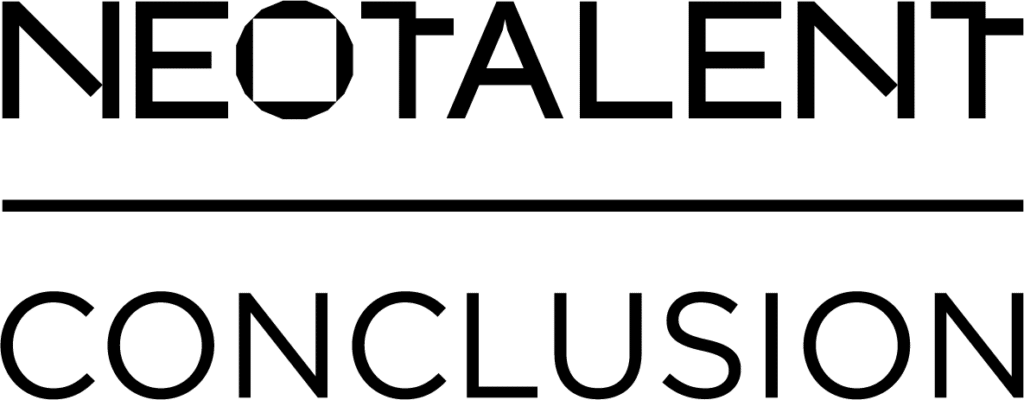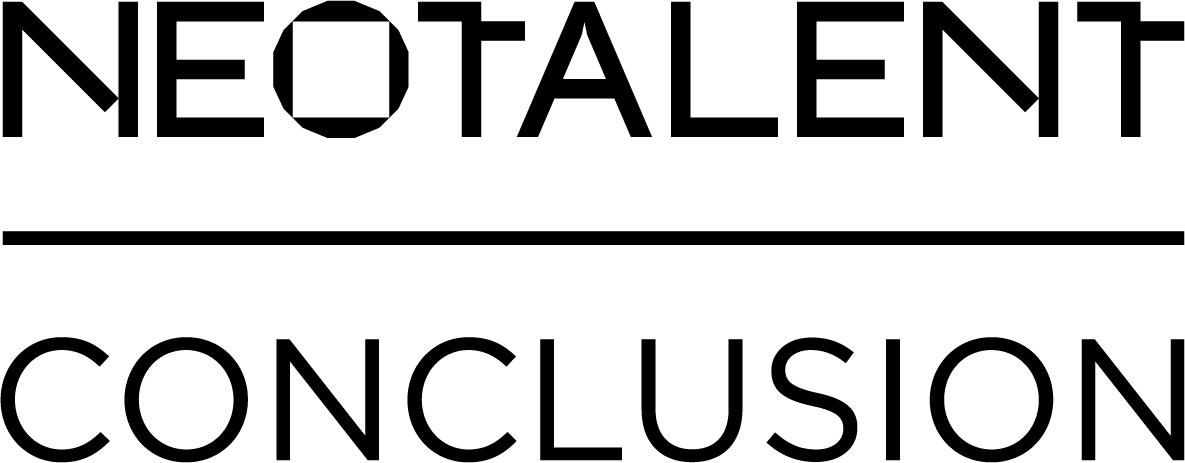How should companies manage the diversity of talent that is increasingly present in the job market?
In this article, we reflect on the importance of Equality, Diversity and Inclusion, contextualizing them in what is the reality of the work ecosystem.
It is a fact: diversity exists, but is it accepted/respected as part of one’s individuality?
The good news is that diversity is increasingly recognized and applauded. We have seen several public demonstrations of support and promotion of diversities, both by public and private institutions. Take, for example, the many initiatives that celebrated Pride month in June, painting organizations in all the colors of the rainbow.
In a globalized talent market, where we have long recognized the importance of multidisciplinarity, why have we taken so long to recognize the richness that lies in diversity? According to Shirley Davis – former Director of Diversity and Inclusion at several Fortune 100 companies – by 2030 we will have five distinct generations working in the same labor ecosystem: Traditionalists, Baby Boomers, Gen X, Millennials and Gen Z. Generational differences that will result in various aspects of diversity.
A coach executive Shirley Davis presents some more data on this diversity in the labor market, in which 20% of the world’s working population has some cognitive difficulty (including autism or attention deficit disorders), 15% lives with some kind of disability, and 5.6% identifies as part of the LGBTQIA+ community (in Portugal, and according to the study “Diversity at Work” 2021, published by ManpowerGroup, this figure rises to 33%).
As the figures show, talent in the labor market is increasingly diverse. And if companies are made of people, it is clear that enhancing diversity and inclusion is no longer an optional decision. It is a mandatory requirement for any organization that wants to stay engaged with its employees, that seeks innovation and differentiation, that values excellence in customer service, that has the ability to grow sustainably. Diversity, according to the study “Who will do the work“, carried out by Everest Group, is even vital to the long-term success of any company.
However, accepting the existence of this diversity is not enough. You need to know how to cultivate, respect and manage it. And managing diversity in an organization means having a system of values and principles that make it possible. This is the main starting point for any policy or approach that may be defined to manage diversity in an equitable, balanced, fair and, above all, organization-wide manner.
Often, we “delegate” to the People/Human Resources areas and/or people managers the promotion of a certain mindset towards these issues of diversity, inclusion, gender equity, among others. The truth is that the acceptance, respect and celebration of diversity (whatever it may be) must be embedded in the organizational culture, and lived by everyone – from top management to each of the organization’s professionals, regardless of their role, responsibility or area of expertise.
It is essential to provide organizations with a structure that is aligned with their mission, their values and/or their principles, and that allows them to create moments of awareness, education and interaction, where employees are in contact, get to know each other, establish relationships, and build bridges to the future. In this sense, it is urgent to foster dialogue, always with respect and empathy for the other.
In addition to resources to promote understanding and management of diversity, we need to establish policies, procedures and/or partnerships that support these efforts on an ongoing basis, whether internal or external to the organization. In Portugal, for example, there are bodies such as CITE (Commission for Equality in Work and Employment), which defends equality and non-discrimination in work, employment and vocational training. National companies can use support to create their own equality policies, and even access free training for employees (for example, on topics such as gender bias) – a way to provide moments of reflection and critical discussion on diversity itself.
With concrete guidelines in place, it is easier and more fruitful to follow up – with people and teams – and to ensure that the policies outlined are respected and put into practice. More than guidelines, they act as a beacon that guides employees and makes explicit the company’s own position on these issues.
For effective diversity management, all stakeholders must be involved. People should be able to listen to each other, learn from their differences, contribute to each other’s growth and evolve the organization as a whole. It is true that each of us is unique. We are all different people (and professionals), with different backgrounds and different beliefs. But it is this multiplicity of talent that gives us the opportunity to build a better work ecosystem (and world): more inclusive, more creative, richer.
Promoting values such as plurality, trust, equality, or respect for difference is crucial in sustaining a progressively more inclusive and diverse culture. Each organization should preserve “space” and devote attention to these issues. And not for the concepts themselves, but for the impact they have on the organization: from talent attraction, to creativity and performance, to retention. Because effective diversity management will enable and enhance growth.
At a time when we are experiencing and witnessing overwhelming phenomena – such as the The Great Resignationthe movement that led to an estimated 47 million people in the United States quitting over the course of 2021 – it is clear that organizations are not (even the largest and strongest) immune to the transformation in the talent market.
In Portugal, and particularly in the IT market, companies are increasingly focusing on global recruitment. This is an opportunity to focus on what really matters: the talent of each professional, regardless of their age, gender, race, ethnicity, sexual orientation, nationality, belief, cognition, culture.
Diversity, inclusion, equality or gender equity do not exist separately, nor are they mutually exclusive. Rather, they complement each other and speak to a much greater good that we must cherish, preserve, and capitalize on, both inside and outside of organizations: diversity. If we do not embrace it, we will hardly be able to grow. May we design more inclusive and diverse businesses, because together we will be building a better future for all.
Marta Vicente
Mom, festival goer in her spare time, sushi fan, beach lover and a people lover. I enjoy every minute of being with my family and friends, exercising and traveling to where the sea is more turquoise.





